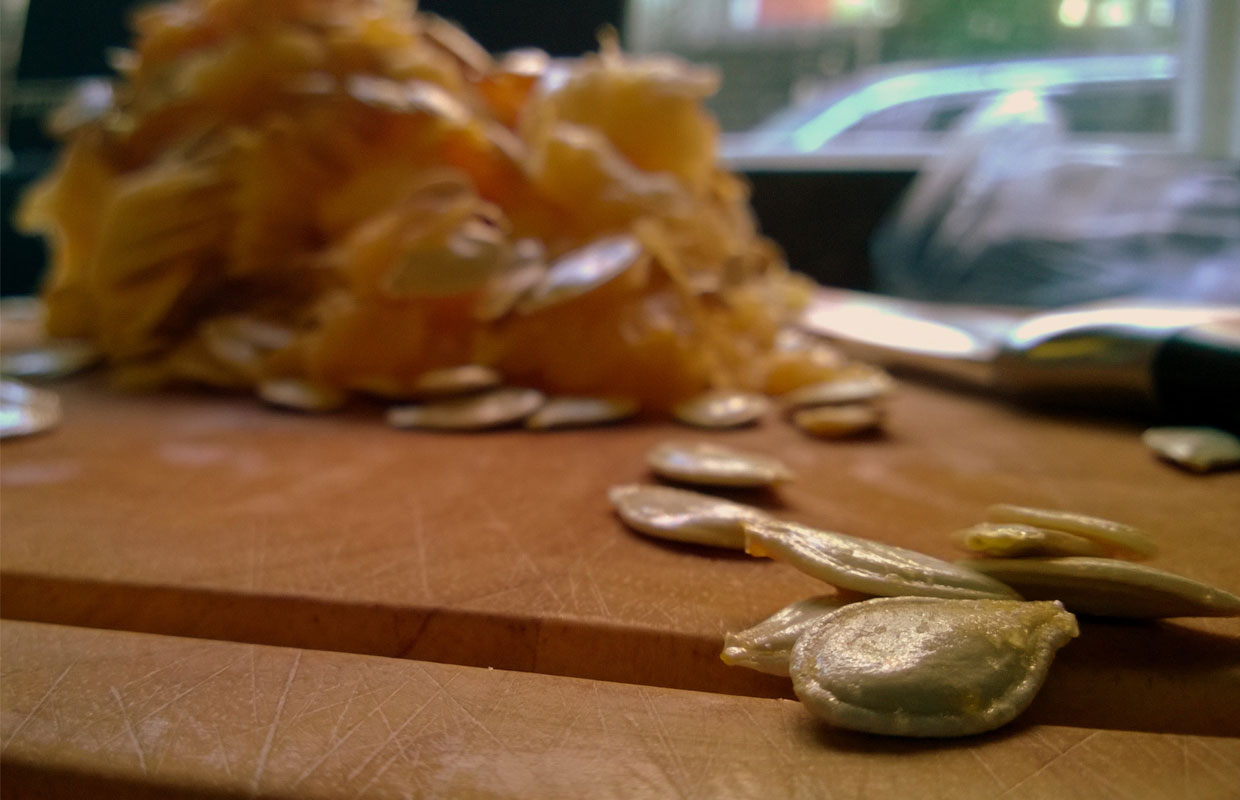
Economics
Canadian Cannabis Companies Collapsed; Are US MSOs Next?
The meteoric rise and catastrophic crash of onetime billion-dollar companies in Canada may repeat in the US, but there’s still a lot more upside in America.
Playing the stock market means navigating a high-wire act between profound regret and untold reward, but in cannabis, it’s mostly the former. Over the past decade, second only to cryptobro regret is the FOMO felt by investors in Canadian cannabis stocks, where a brief, meteoric rise gave way to an even more sudden and spectacular crash.
If you cashed out at just the right time, you might have done great; if you put in $1,000 as early as you could and maintained diamond hands throughout, you might have about $200 today, as Franklin G. Snyder, a law professor at Texas A&M University who studies cannabis legalization tells his students.
And the bust is real. Last month, Aurora Cannabis—a company with global ambitions and a key medical-marijuana license in Germany—announced it will close three facilities and lay off 12% of its global workforce, or about several hundred jobs. That followed prior layoffs in September and another 1,200 layoffs in 2020.
But with most American cannabis companies still reporting losses in the tens of millions, and with sales figures from early 2022 suggesting that sales have finally plateaued, does the tale of Canadian cannabis stocks mean anything for the US-based multi-state operators (MSOs)? Yes, but also no, experts said.
Overweight, Underfed…
During Q1 earnings calls in May, only one major US cannabis company—Green Thumb Industries—reported turning a profit. Everyone else lost money. Curaleaf reported losing $23.5 million in the first three months, compared to $14.8 million a year before. Cresco Labs reported a loss of $23.6 million. Columbia Care, with whom Cresco is merging, reported losses of $27.9 million. Trulieve, the biggest player in Florida, lost $32.4 million.
In a sign of some turmoil, some companies, including Curaleaf, also shook up their C-suites, with executives who earn $475,000 or above leaving the company or switching posts, according to their quarterly reports filed at the Canadian Securities Exchange (where US companies must list given federal prohibition).
That’s not rare for an early-stage company—and earnest comparisons to Uber or Amazon or another revolutionary company that also gushed cash are what usually follows such an observation—but some reported losing more than they did a year ago. (And, as defenders will point out, even if companies lost money, they did report more revenue last year.)
And with the global economy apparently headed towards a post-COVID recession as the war in Ukraine stresses fuel prices, there’s reason to worry if the Canadian cannabis stocks drama won’t play out in the US. That would be the case anyway: As in Canada, US stock prices are still trading well above their weight based on metrics like the price-to-sales ratio.
“Current stock prices look to be inflated,” Snyder said. “Nobody is making the kind of money to justify their current valuation.”
Given the market overall seems to be cooling, “as the stock market goes down, which it probably will,” cannabis stocks will also lose some more value, he guessed. “In a real bear market, pretty much everything gets hit eventually.”
But that’s the operative word: guessed. “Nobody has a clue what will happen,” Snyder said. In the meantime, there are probably more differences than similarities between US and Canadian cannabis companies.
…But Different
For one, US companies still have immense upside, in the form of key policy changes that could transform the market overnight. Federal banking or tax reform would be instant game changers. So would interstate commerce. Adult-use cannabis is still illegal in Florida, a state with a strong MSO presence. And adult-use sales have yet to begin in New York, another heavily populated state where the big cannabis companies have all invested heavily.
Compare all this to Canada, a country with fewer people than the state of California, which legalized cannabis nationwide—and didn’t have a patchwork of states at odds with federal law, that hampered businesses’ abilities to live. Remember, as well, that all the enthusiasm translated into an overheated market, which Canadian cannabis companies used to build massive facilities that grew acres of weed nobody wanted. That cycle hasn’t quite played out in the US.
For these reasons, “I do think the Canadian situation is quite different,” said Paul Seaborn, a professor of commerce at the University of Virginia and renown cannabis industry expert, who taught the first “Business of Marijuana” class at an accredited business school.
Though the US—and investors—still suffer from some of the same “irrational enthusiasm” that inflated the Canadian cannabis stock market before it popped. “I don’t think I see the US MSOs or the US market following the Canadian path,” Seaborn added. “There’s much less upside in Canada and much more in the US.”
Cooling or Chilling?
Still, things are cooling off… but not where the big companies are.
As New Cannabis Ventures reported, sales figures compiled by BDS Analytics reveal that in mature Western markets, sales are down—down nearly 20% in Oregon, more than 25% in Nevada, 23.8% in Colorado and 7.6% in California. Don’t forget: Most markets overall saw a “COVID bump,” a phenomenon conventional wisdom says was triggered by a populace stuck indoors with stimulus checks and a cannabis industry declared essential still open for business.
In less mature markets such as Michigan, there’s still an upward curve. This means the slowdown is OK news for MSOs that have smaller footprints in the western states where licensing requirements are less strict. They should expect an upward swing for at least the next few years as the cannabis market gets going. This moment in time could simply be a pause before the real swing happens.
“We’re in this lull right now where new markets aren’t coming online quite quickly enough,” Seaborn said. “Those mature markets make up a good total of US sales. That won’t always be the case.”
























